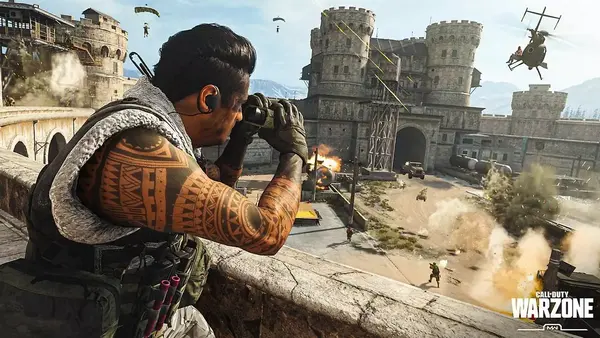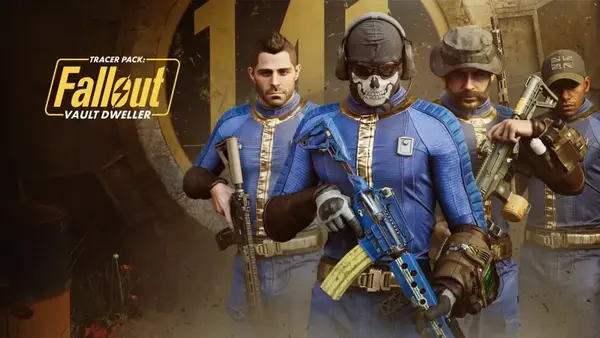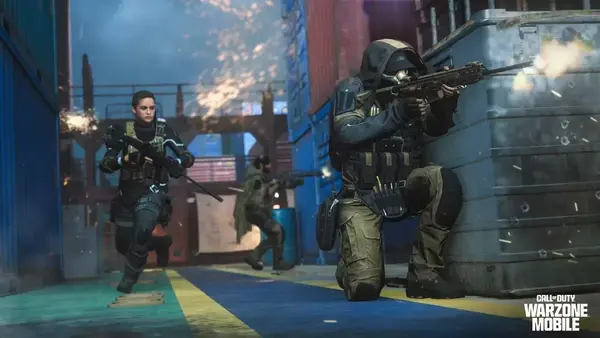Introduction
Call of Duty: Warzone 2.0, the latest iteration of Activision’s popular battle royale, brings improved graphics, new gameplay mechanics, and expanded maps. However, one persistent issue mars the experience for many players: cheating. From aimbots and wallhacks to software exploits, cheating undermines fair play and frustrates the community. This article takes a deep dive into the challenges of combating cheating in Warzone 2.0 and explores solutions that could restore the integrity of the game.

The Scope of Cheating in Warzone 2.0
Cheating in Warzone 2.0 has escalated with its growing popularity, affecting players across all skill levels.
Common Types of Cheats
- Aimbots: Software that automatically targets enemies with perfect precision.
- Wallhacks: Tools allowing players to see opponents through walls and other obstacles.
- Exploits: Glitches in the game mechanics that give unfair advantages, such as infinite money or invincibility.
How Cheating Spreads
- Cheap Cheat Providers: Online marketplaces selling undetectable cheat programs.
- Player-to-Player Sharing: Cheats are often distributed through gaming communities or forums.
The Impact of Cheating on Warzone 2.0
Cheating not only disrupts gameplay but also has far-reaching consequences for the player community and game developers.
Negative Effects on Gameplay
- Ruined Matches: Honest players lose due to unfair advantages, leading to frustration.
- Decreased Teamplay: Players hesitate to trust teammates, fearing they might be cheating.
Damage to the Community
- Player Exodus: Cheating drives away casual and competitive players alike.
- Toxic Atmosphere: Accusations of cheating create hostility among players.
Activision’s Anti-Cheat Measures
Activision has implemented several systems to combat cheating, but challenges remain.
Ricochet Anti-Cheat System
- Kernel-Level Detection: Ricochet monitors player activity at the system level to detect cheats.
- Regular Updates: Frequent updates aim to stay ahead of cheat developers.

Ban Waves
- Mass Bans: Activision regularly bans thousands of accounts found cheating.
- Hardware Bans: Cheaters may have their devices permanently banned to prevent repeat offenses.
Why Cheating Persists Despite Efforts
Despite Activision’s initiatives, cheating remains a significant problem due to several factors.
Rapid Cheat Evolution
- Cheat developers quickly adapt to anti-cheat updates, making detection difficult.
- Open-source platforms allow the community to refine and distribute new cheats.
Lack of Consequences
- Many cheaters create multiple accounts to bypass bans.
- Players purchasing cheats face minimal repercussions in terms of financial or legal penalties.
Lessons from Other Games
Activision can learn from other games that have successfully mitigated cheating.
Valorant
- Vanguard Anti-Cheat: Riot Games uses an aggressive, always-on anti-cheat system.
- Player Reporting Tools: Easy-to-use reporting systems empower the community to flag suspicious players.
Fortnite
- Machine Learning: Epic Games employs AI to identify abnormal gameplay patterns.
- Transparency: Frequent communication with the community about anti-cheat updates fosters trust.
Potential Solutions for Warzone 2.0
To effectively tackle cheating, Activision must adopt a multi-faceted approach.
Strengthening Detection Systems
- AI Integration: Use machine learning to detect suspicious patterns in real-time.
- Behavior Analysis: Identify cheaters based on gameplay metrics like kill rates and accuracy.
Stricter Penalties
- Financial Disincentives: Impose fines or legal action against cheat developers and distributors.
- Progress Loss: Reset accounts of suspected cheaters to deter repeat offenses.
Community Involvement
- Enhanced Reporting: Simplify reporting systems and reward players for flagging cheats.
- Public Feedback: Regularly communicate anti-cheat updates and involve players in testing solutions.
The Role of Transparency
Keeping players informed about anti-cheat efforts can help rebuild trust.
Regular Updates
- Share detailed patch notes explaining new anti-cheat measures.
- Acknowledge community-reported issues and outline plans to address them.
Cheater Exposure
- Publicly list banned accounts to deter potential cheaters.
- Create community videos showcasing successful anti-cheat actions.
Encouraging Ethical Play
Building a culture of fair play requires engaging the community positively.
Incentives for Honesty
- Introduce rewards for consistent fair play, such as exclusive skins or in-game currency.
- Promote competitive modes with strict monitoring to highlight ethical players.
Anti-Cheat Awareness
- Educate players about the impact of cheating on the game’s ecosystem.
- Partner with influencers to spread awareness about fair gameplay.
The Future of Warzone 2.0
The fight against cheating will be a continuous battle, but a proactive approach can make a significant difference.
Long-Term Goals
- Develop predictive algorithms to anticipate and counter future cheats.
- Expand collaboration with other developers to share anti-cheat advancements.
Player Empowerment
- Equip players with tools to actively participate in maintaining a cheat-free environment.
- Reward community-driven solutions to enhance fairness.

Conclusion
Cheating remains one of the most significant challenges for Call of Duty: Warzone 2.0. While Activision’s efforts, such as Ricochet, have made strides, more robust systems and community engagement are necessary to ensure fair play. With a comprehensive approach combining technology, transparency, and community involvement, Warzone 2.0 can reclaim its integrity and continue to thrive as a leading battle royale experience.


